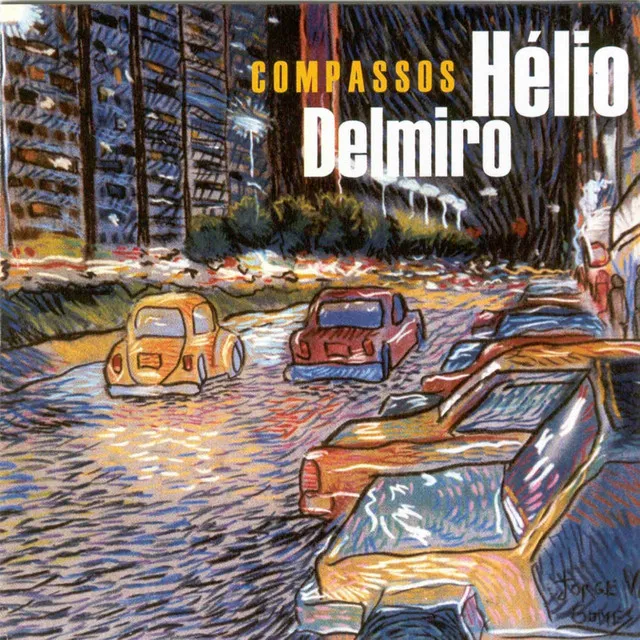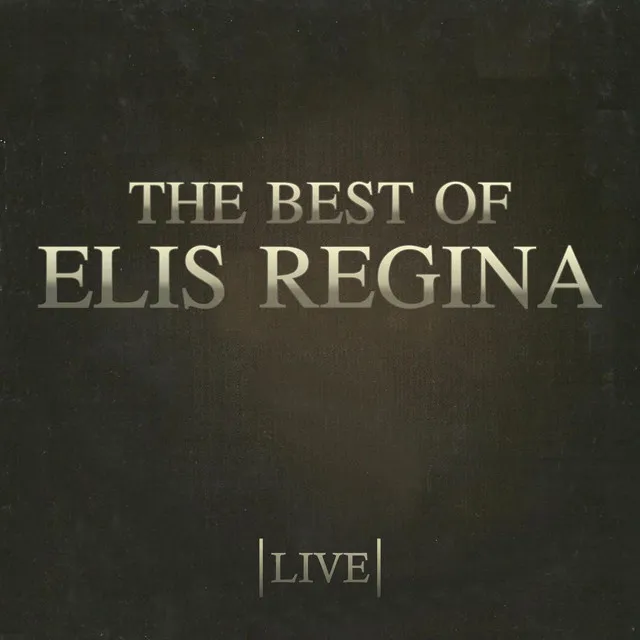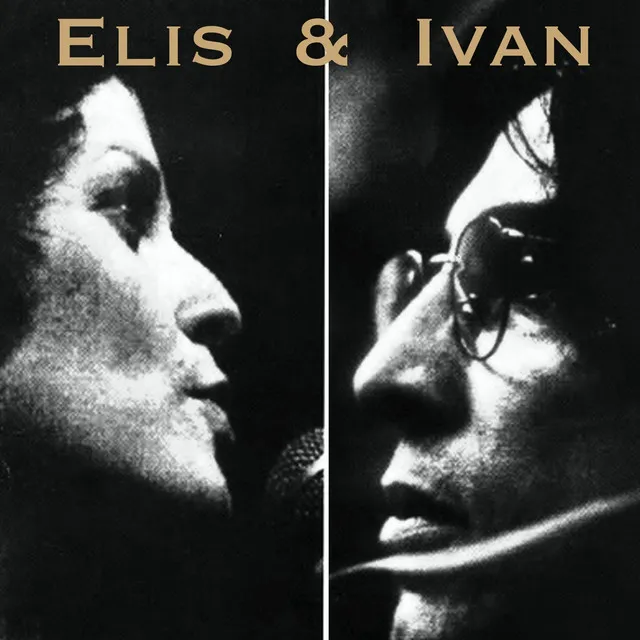Hélio Delmiro is a refined, self-taught musician who developed a distinctive Brazilian jazz style on the violão (acoustic guitar), taking the guitar mostly when amplification is needed. He has worked with many a great international names in jazz and popular music in general, and has been praised by great critics and jazz journalists as well.
He started his apprenticeship when he was given a cavaquinho by his brother, Juca. His other brother, Carlos, a piano a violão player, helped shape his relationship with music. In 1961, at 14, he became a professional musician, accompanying singers and playing at dances wherever possible. Joining Moacyr Silva's group, he toured Brazil with them. At 19, he formed the Fórmula 7 Quartet with Cláudio Caribé (drums), Luizão Maia (bass), and Márcio Montarroyos. They played at suburban dance parties mostly, and during the intervals they risked to play some jazz. The precarious situation of the average musician, though, impeded them from keeping their collective work, and the quartet disbanded after one year. But he continued to play his jazz at Rio's jam sessions and at one of those, at Little Club, he met the great Brazilian saxophonist Victor Assis Brasil. Joining his group, he recorded Brasil's second album, Trajeto. The next year, he joined Antônio Adolfo's group Conjunto 3D. In that time, he was already known in the artistic environment of Rio and began to be requested by already established singers as an accompanist for shows and recordings. He toured with Clara Nunes for several years and accompanied her on all her recordings. He also worked for Elizete Cardoso, the super-popular Marlene, Elza Soares, Miltinho, Milton Nascimento, and Dóris Monteiro, and for conductors Nelsinho and Carlos Monteiro de Souza. With Elis Regina, he toured for three years through Japan, Europe, and several Latin American countries. With her and Tom Jobim, he recorded the Elis e Tom album in the U.S. In that time, he appeared on a TV special show with Michel Legrand. When Sarah Vaughan came to Brazil in the '70s to record an album only with Brazilian compositions, he worked on that album. She was so amazed at his playing that she invited him to join her band in the U.S., but he couldn't, due to his already busy schedule. His solo album Emotiva is from 1979. He also recorded for Michael Franks. As a producer, he did Nunes' Claridade and João Nogueira's Vem que Tem. He also played with Paul Horn, Jeremy Steig, Dave Grusin, and Lalo Schifrin. The latter declared that Delmiro was the best guitarist of South America. In 1978, he appeared at the First Montreux/SP Festival in a duo with Brazilian pianist Luis Eça and in a trio with Larry Coryel and Philip Catherine, being praised by Leonard Feather. Down Beat magazine ranked him as the world's fifth best guitarist. He also appeared at the 1982 Jazz Fest Berlin, with Charlie Haden, Carla Bley, Paul Motian, and others, and at the First Free Jazz Festival in Brazil, with his own group. His solo album Chama-se Som da Gente was recorded in 1984. He also performed at the 1986 Jazz Festival of Spain with César Camargo Mariano and Paulo Moura. With César Camargo he recorded in 1980 the exquisite album Samambaia (just piano and violão). In 1991, he began to produce and host a radio jazz show at Rádio Record (Rio), Jazz Entre Amigos. In that year, he also founded Line Records label, also directing it, and recorded the live effort Romã at Cecília Meirelles Hall in Rio. His academic profile includes head professor for XVI and XVII International Summer Seminar (Brasília College of Music, 1994/1995), and professor of Latin American Acoustic Guitar Seminar, Winter Festival of Campos de Jordão (1995). His encounter with violonista Guinga, in 1996, was awarded as Best Instrumental Show of the Year by O Globo. In 1998, he was musical director and a performing musician at the tribute concert Tributo a Elis Regina at the Town Hall Theater in New York. Also in that year, he brought the conductor and pianist Clare Fischer with whom he performed in duo at the SESC Pompéia (São Paulo, SP). In the next year, he performed again with Fischer, at the Jazz Bakery in California, also recording with him the CD Symbiosis, which includes two American standards, two Tom Jobim standards, and nine originals, five of Delmiro's and four of Fischer's. ~ Alvaro Neder, Rovi


![Cartomante (feat. Toda a Companhia) [Ao Vivo]](https://spacemedia.uk/stats/image/ab67616d0000b27340d6a024020f9c0adf1b93e4)

